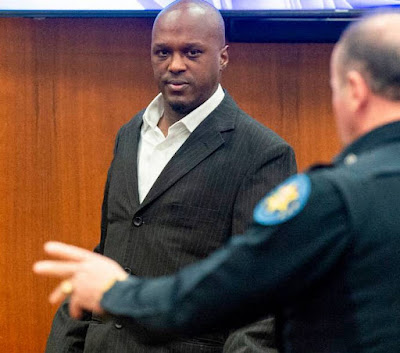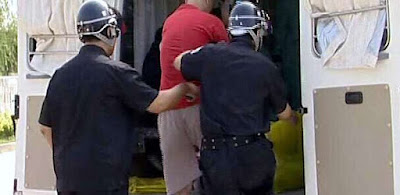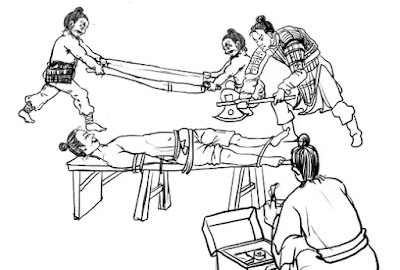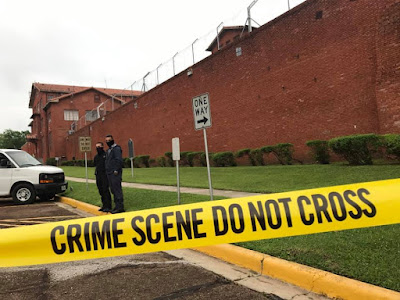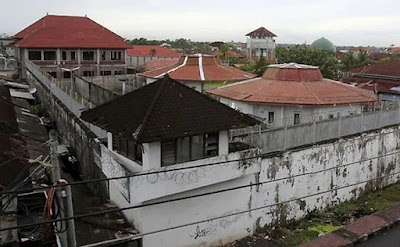Death or surgery? It’s a capital offence to be gay in Iran. But gender-change surgery is legal. Now, 4000 Iranians are undergoing the life-changing procedure every year. And many of them are juveniles.
Seven of his sexual partners were arrested immediately. Then, after six months of public outrage, Reza Seghati, the director general of the Office of the Ministry of Culture in Iran’s Gilan province, was detained.
Seghati was just one of a half-dozen similar exposes in the past year involving senior members of Iran’s clerical religious ruling class.
All now face death by public hanging. It’s too late for them to exploit a loophole in Sharia Law.
But for thousands of “in the closet” Iranian homosexuals and lesbians – an unwanted and unnecessary surgical procedure may save their lives.
In the name of god
Human Rights Activists in Iran (HRANA) recorded 791 official executions (including 25 women and two juvenile offenders) in 2023. It says the actual figure is likely much higher.|
Exactly how many were LGBT is difficult to determine. Vague charges that produce the death penalty include
moharebeth (warring against God) and
Mofsed-e-filers (corruption on Earth).
The religious government in Tehran insists homosexuality represents ‘Western barbarism’ and is a ‘virus’ that people should ‘kill.’
But a rare quirk of theology and history has combined for a formal – if not willing – acceptance of gender dysphoria.
Ayatollah Khomeini, the Supreme Leader of the 1979 Iranian Revolution and whose interpretation of Islamic law forms the foundation of Iran’s government, wrote sympathetically on the subject in his 1964 treatise “Tahrir al-Wasila”. Then, in 1982, he issued a fatwa – an assertion of Islamic law – after reportedly being moved to tears after hearing a woman lament about being trapped in a man’s body.
According to the law stating the age of criminal responsibility in Iran, girls above nine years of age and boys above fifteen years of age are judged and punished according to the Iranian Penal Code (based on Sharia Law), which also implies corporal punishment for crimes concerning sex, false accusation, use of alcohol or crimes that caused an injury, and the death penalty for murder (whether intentional, premeditated or unintentional), some drug offenses, and "religious crimes" such as blasphemy and apostasy.
The act of sodomy, however, firmly remains a crime punishable by death.
And that leaves homosexuals fearing lynch mobs, the morality police and the Revolutionary Guard with one possible means of saving their lives: surgery.
Saving lives
“They medicalize the transsexuality issue. They say that transsexuality can be cured by sex change operations, but the homosexuals, they are immoral and unhuman,” Shadi Amin, the director of an LGBT support group operating in Iran, told the German DW news service.
In a 2022 UN report, Iran Rehman, the UN special rapporteur on the situation of human rights in Iran wrote that members of Iran’s LGBT community “are often advised that their gender nonconformity or same-sex attraction represents so-called gender identity disorder, which necessitates ‘reparative’ therapies or sex reassignment surgeries, to ‘cure’ them.”
Since Ayatollah Khomeini’s 1982 pronouncement, Iran has become an international hub for gender reassignment surgery. Up to 4000 procedures are carried out every year. However, some reports state the actual number is much higher as there is no requirement for doctors to be qualified.
But human rights advocates say everything about the process is degrading. It involves clerics cross-examining potential patients on theological and sexual issues, conducting virginity tests, interviewing friends and relatives, and mandatory counselling.
A family member must be present at all times. And juveniles are not exempt.
Rehman accused the Tehran regime of subjecting LGBT juveniles to “torture and cruel, inhuman, and degrading treatment.”
This, he said, included electric shock therapy, hormone treatment and psychoactive drugs.
Saving souls
To the Tehran government – which provides interest-free loans to help cover surgery costs – the process isn’t about the body. It’s about the soul.
According to Ayatollah Khomeini, the purity of the Shia Islamic soul is of greater importance than any earthly consideration. It’s not possible to change an immortal soul. But it is possible to change the mortal body.
And modern technology allows that to happen.
His fatwa rules that gender status under Islamic law must change to align with a change in gender. That includes everything from inheritance rights to clothing – and sexual – statutes.
At the same time, homosexuality is one of the few sexual practices that Iranian ultraconservative clerics may feel “comfortable” with.
“Women are taboo. Women mean sin to them,” writes exiled Iranian cleric Javad Akbarein. “With this strong pressure on any kind of relationship with women – forbidding even the thought of women – relationships with other men are easier because there is no surveillance or pressure on male friendships.
“What they do is ignore it and hide it. Sometimes, one or both people involved are dismissed. However, if the police or anyone else finds out about this kind of sexual relationship, it means prison, torture and even possible execution, according to Sharia law.”
Saving face
Vice president of the Paris-based International Federation of Human Rights Abdolakrim Lahidji says Iran does not like admitting homosexuality exists in its Shia Islam utopia.
“In practice, if someone is not known for being homosexual and is not openly homosexual, I don’t think that person would face a problem in Iran,” Lahidji said.
“Unfortunately, if someone is branded as homosexual and it is reported to the police or Revolutionary Guards, and then if that person is seen repeatedly with another man or woman, then it is possible that there will be a case against him and that the case will be sent to the court.”
For a cleric, the process can be both humiliating – and lifesaving.
For a conviction, Iranian religious law requires the sworn testimony of four adult male “peers”. For the religious elite, that means other members of the clerical class.
Some 6000 LGBT people are believed to have been executed since the Shia religious government seized control in 1979.
Source:
news.com.au, Jamie Seidel, February 3, 2024
_____________________________________________________________________
SUPPORT DEATH PENALTY NEWS
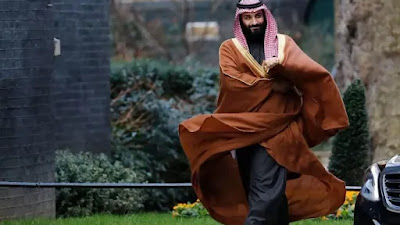

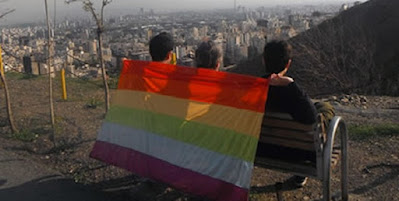





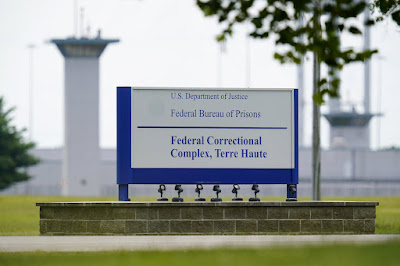
.jpg)
